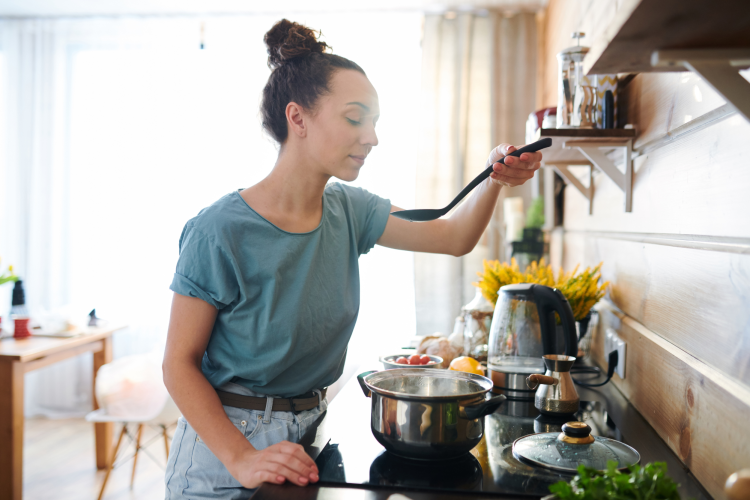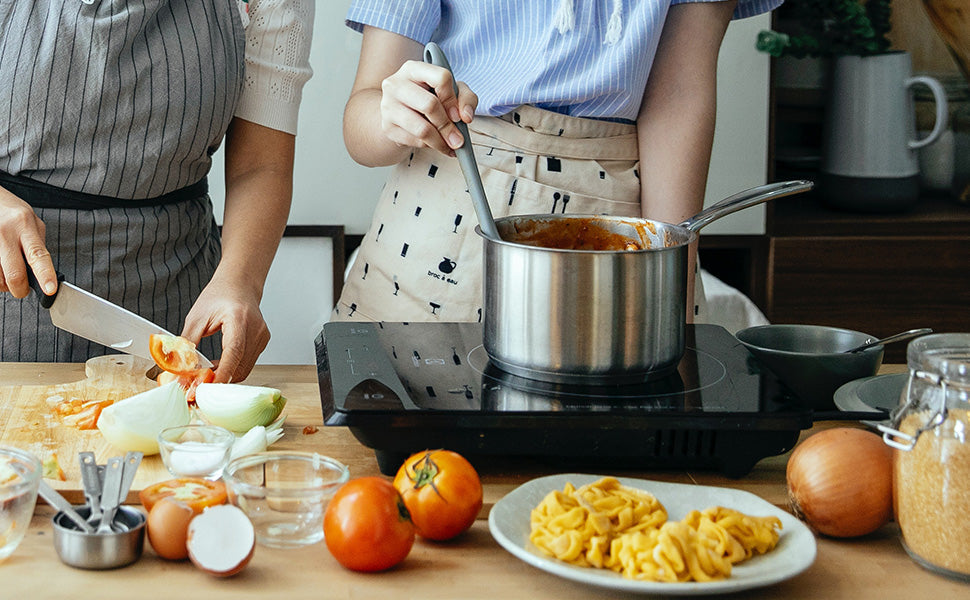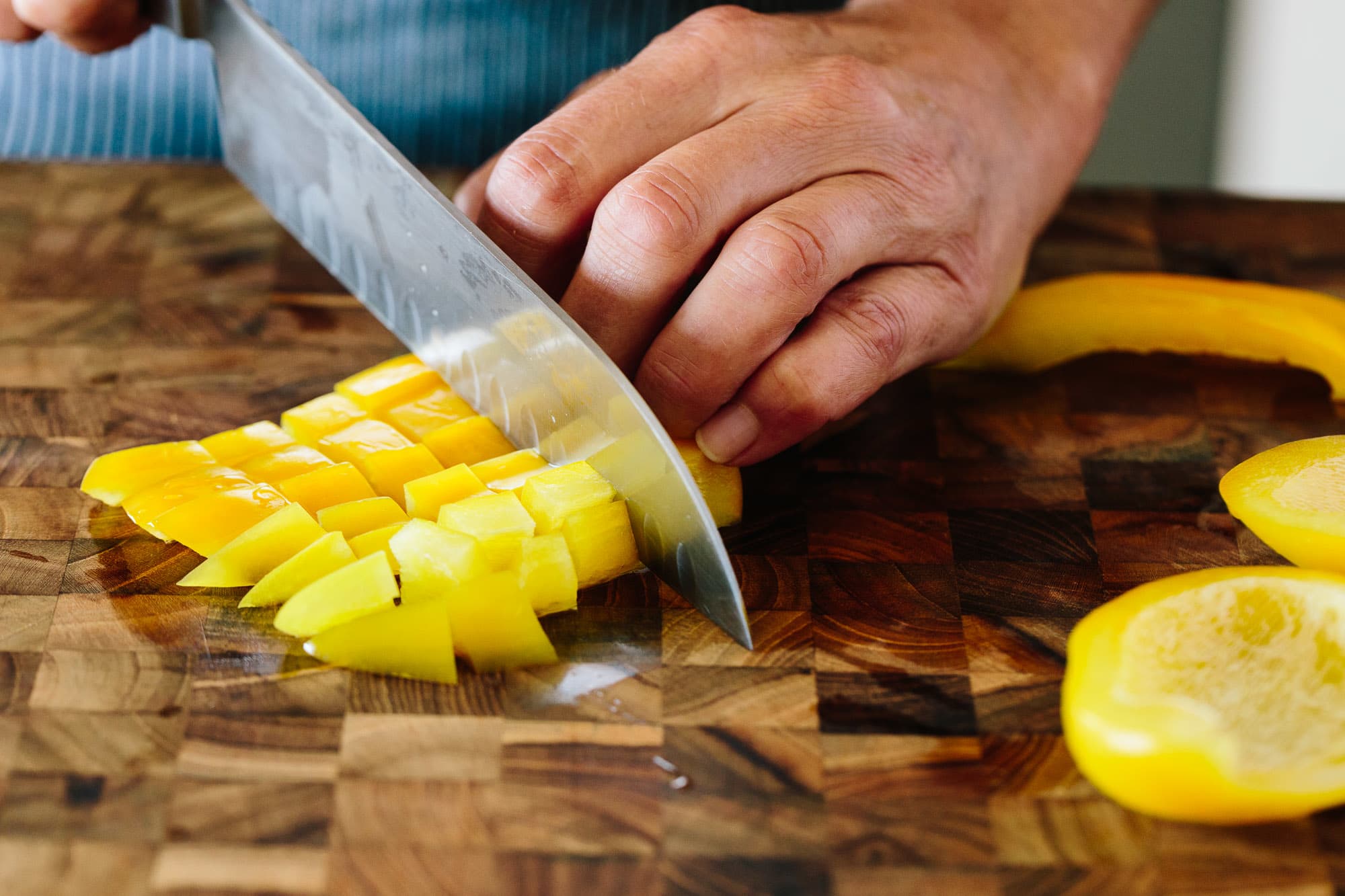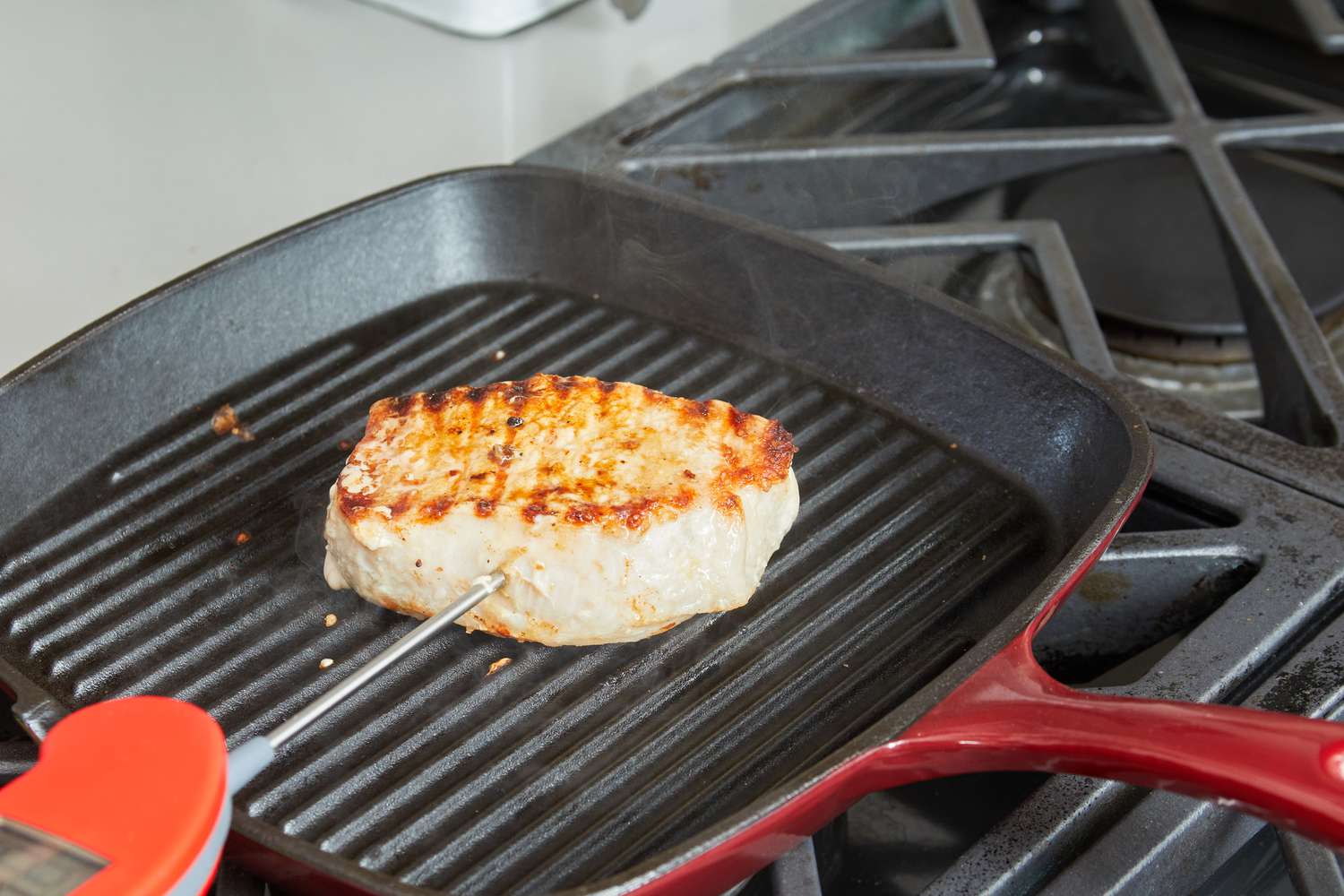When it comes to cooking, few staples are as versatile and universally loved as rice. However, mastering the art of making rice in a saucepan can be a challenge, particularly for kitchen professionals looking to perfect their skills. In this article, we will delve deep into how to make rice in a saucepan, examining the techniques, types of rice, and tips to ensure perfect results every time. Whether you're preparing a simple side dish or a gourmet entre, this guide is designed to enhance your culinary repertoire.

Understanding the Basics of Saucepan Cooking
Before diving into recipes and techniques, lets explore the significance of a saucepan in the kitchen. A saucepan is an indispensable tool, ideal for a variety of cooking tasks, including simmering, boiling, and making sauces. Understanding the various functions and capabilities of a saucepan, as outlined in saucepan uses, can elevate your cooking game significantly.
Choosing the Right Rice
Rice comes in numerous varieties, including long grain, short grain, brown, and jasmine. The key to perfectly cooked rice lies in choosing the right type for your dish. Long grain rice, such as Basmati, remains fluffy and separate, while short grain rice, like Arborio, becomes creamy when cooked. For health-conscious chefs, brown rice is a fantastic option with a nutty flavor and chewy texture. More information on rice types can be found in various culinary resources.
Essential Ingredients and Tools
To master how to make rice in a saucepan, you'll need just a few essential ingredients and tools:
-
Ingredients:
- Rice (as per your choice)
- Water or broth
- Salt (optional)
- Butter or oil (optional for flavor)
-
Tools:
- A quality saucepan
- A lid to cover the saucepan
- A measuring cup for precision
- A fork for fluffing the rice

The Step-by-Step Process of Cooking Rice in a Saucepan
Now that you're equipped with the right ingredients and tools, its time to learn the precise method for making rice in a saucepan.
Step 1: Measure Your Rice
Start with measuring the quantity of rice you need. Typically, 1 cup of uncooked rice serves 2-3 people. Make sure to rinse the rice under cold water to remove excess starch, which can cause it to become gummy during cooking.
Step 2: The Water Ratio
The water ratio varies depending on the type of rice:
- Long grain: 1 cup rice to 1.5 cups water
- Medium grain: 1 cup rice to 1.25 cups water
- Short grain: 1 cup rice to 1.5 cups water
- Brown rice: 1 cup rice to 2 cups water
Step 3: Boiling the Water
In your saucepan, combine the rice and water, adding a pinch of salt if desired. Bring the mixture to a rolling boil over medium-high heat. You can also enhance the flavor at this stage by incorporating a bit of butter or oil. Learn more about saucepan types for more insights.
Step 4: Simmer and Cover
Once the water reaches a boiling point, reduce the heat to low and cover the saucepan with a lid. This will allow the rice to simmer gently. Avoid lifting the lid during the cooking process, as it releases steam and affects cooking time. The general cook time varies:
- White rice: 15-20 minutes
- Brown rice: 40-45 minutes
Step 5: Fluffing the Rice
After the cooking time has elapsed, remove the saucepan from the heat but keep the lid on and allow it to sit for 5-10 minutes. This resting period lets the rice continue to steam and complete cooking. To finish, fluffed the rice using a fork gently.
:max_bytes(150000):strip_icc()/sea-stainless-steel-cookware-sets-test-tramontina-gourmet-induction-ready-tri-ply-clad-10-piece-rkilgore-86-2d14dfca5e9e470ea92181757c0ced03.jpg)
Tips for Perfect Rice Every Time
Here are some additional tips to ensure your rice cooking technique is impeccable:
- Consider soaking your rice beforehand for 30 minutes to 1 hour for added moisture.
- Experiment with aromatic liquids, such as broth or coconut milk, for added flavor.
- Always adjust liquid ratios based on your specific brand and type of rice, as different varieties absorb water differently.

Common Mistakes to Avoid
Even the best chefs can make mistakes when it comes to rice. Here are common pitfalls to steer clear of:
- Using too much or too little water.
- Overstirring the rice during cooking, which can lead to stickiness.
- Popping the lid too soon, releasing steam.
Final Thoughts
Now that you are equipped with the knowledge of how to make rice in a saucepan, you can confidently prepare this staple in various culinary applications. Rice can serve as a versatile base for many dishes, or you can dress it up with herbs, spices, and vegetables. By practicing and refining your technique, you will surely master this essential skill.
For further insights, check out more about saucepan uses to enhance your kitchen techniques.
FAQs
1. Can I cook different types of rice together?
Its not recommended, as different rice types have unique cooking times and water absorption rates.
2. How do I store leftover rice?
Store leftover rice in an airtight container in the refrigerator for up to 4-5 days.
3. Can I reheat rice?
Yes, but make sure to add a splash of water and cover it while reheating to maintain moisture.
As an Amazon Associate, I earn from qualifying purchases.






Leave a comment
This site is protected by hCaptcha and the hCaptcha Privacy Policy and Terms of Service apply.